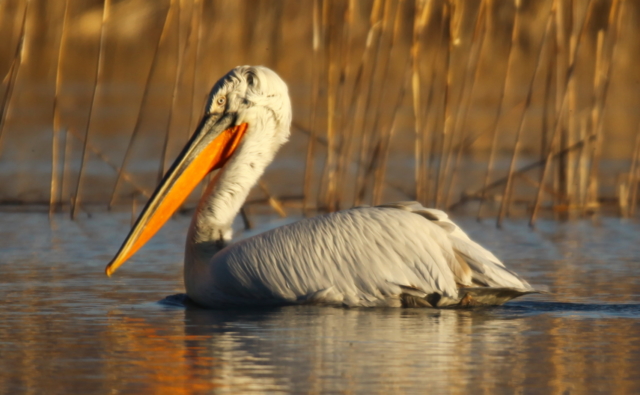This innovative partnership model aims to respond to the environmental and financing challenges of nature conservation in the Mediterranean.
In the context of major global mobilizations to protect biodiversity, aiming to support the new objectives to protect the planet and given the many challenges affecting the Mediterranean region (including climate change, biodiversity loss, pollution and pressure on natural resources) – the organizations MedWet (the Mediterranean Wetlands Initiative of Ramsar), MedPan (Mediterranean Protected Areas Network), PIM (Mediterranean Small Islands Initiative), Tour du Valat (TdV), AIFM (International Association for Mediterranean Forests) and IUCN-Med (IUCN Centre for Mediterranean Cooperation), with the support of Conservatoire du littoral, have signed the memorandum of understanding Friday, March 12 in Marseille. This memorandum will mark the launch of the Mediterranean Consortium to protect Biodiversity.
By bringing together the skills, experiences, know-how and scientific knowledge of these six organisations, the Consortium will allow to act on a common goal with a regional vision, i.e. to develop innovative solutions allowing to respond to the challenges of biodiversity conservation, as well promoting greater efficiency in the use of available economic resources for managing natural resources in the Mediterranean.
To achieve these common objectives, the organizations will design and implement projects to halt biodiversity loss and increase territorial resilience to climate change. Moreover, these projects will promote exchanges, raise awareness on the new Mediterranean challenges, increase capacities to act for the benefit of biodiversity and train local actors in good governance of biodiversity management.
The common goals of this Consortium are: to effectively protect and restore Mediterranean biodiversity; identify, implement and promote Nature-based Solutions; mobilise and support local communities to preserve natural resources and manage their impacts on health and quality of life.
A first example of this collaboration will be the presentation of a joint project on Nature-based Solutions in Mediterranean coastal areas, which will be co-financed by the French Development Agency (AFD) and the French Facility for Global Environment (FFEM).
Going forward, the creation of a think-tank under the auspices of the Consortium will allow to develop new field initiatives to promote the integration of sustainable development with concrete conservation actions. An active “red alert” network will inform policy-makers and donors about projects affecting biodiversity in order to find solutions to prevent or mitigate impacts.
 |
 |
 |
 |
 |
 |



